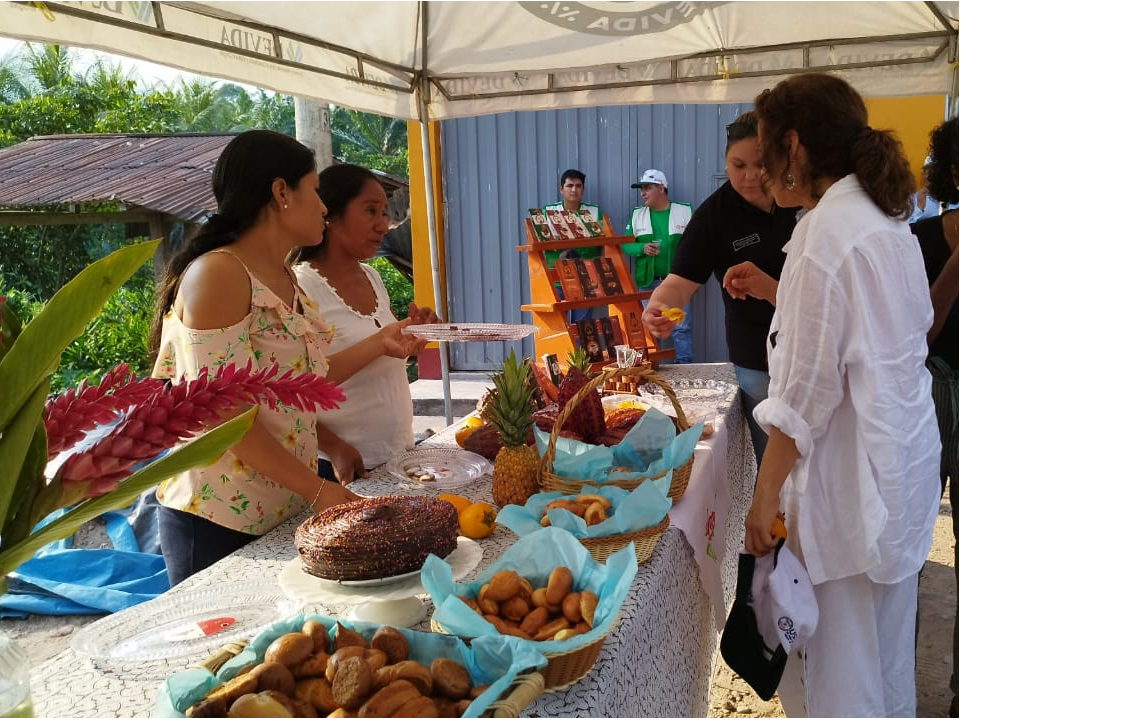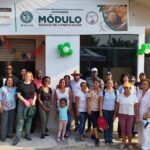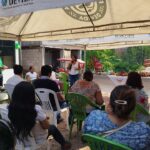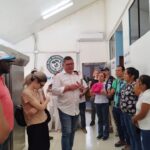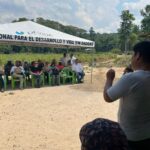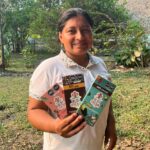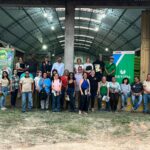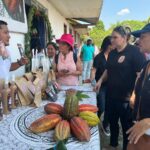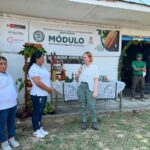The development of alternative crops to coca and marijuana is a bet of the European cooperation on drugs in order to provide legal alternative resources for the inhabitants of rural areas. To this end, a field visit will take place from September 20 to 24 to learn about the productive initiatives developed by Peru’s National Commission for Development and Life without Drugs (Devida) and to share the initiative with representatives of COPOLAD and drug agencies in Latin America and the Caribbean.
“If we want to address the coca issue, we are going to have to change our vision. We cannot see alternative development as a small cooperative action. We know that we have to promote development with capital letters so that drug policies can be effective,” said Robert Steinlechner, Head of Cooperation of the European Union Delegation in Peru at the opening ceremony of the visit.
In order to strengthen and reaffirm Peru’s commitment to international cooperation, the executive president of the National Commission for Development and Life without Drugs (Devida), Ricardo Soberón Garrido, participated in the opening ceremony of the First Study Trip of the Group of Experts on Integral and Sustainable Alternative Development to Peru financed by the COPOLAD III Program of the European Union, with the leadership of GIZ of Germany, where representatives from 13 countries of Latin America and the Caribbean, and international organizations such as CICAD and the COPOLAD team were also present. The first day of the trip was also attended by Peru’s Vice Minister of Women and Vulnerable Populations, Cecilia Guadalupe Barbier, who praised the chocolate-making women’s enterprises that have enabled them to earn extra income for themselves and their families.
During his speech, Soberón Garrido presented the main scopes of the National Anti-Drug Policy (PNCD) to 2030, in terms of integral and sustainable alternative development, highlighting two central ideas: “First, we have to adapt the concept of development to what the Amazon gives us and, second, is how we perceive the concept of citizenship in the Amazon”. In this regard, he commented on the importance of implementing the Citizen Social Pact, which is a commitment between the State and civil society in the Andean-Amazon region, with the aim of sustainably reducing illicit coca cultivation and contributing to integral and sustainable development in exchange for timely services from the Peruvian State; another issue is the incorporation of gender issues in the DAIS interventions, which is in line with the objectives of the COPOLAD III DAIS Working Group.
It should be noted that the representatives of the participating countries will develop a series of activities in Pucallpa and Tingo Maria, where they will have the opportunity to visit organizations of producers and cooperatives, women’s enterprises and natural areas, which will allow them to share experiences to internalize and learn about the success factors that led them to opt for legal activities.
The ceremony was also attended by the Head of Cooperation of the European Union Delegation in Lima, Robert Steinlechner, Sarah David, head of the DAIS COPOLAD III subcomponent; and officials from SERNANP’s Natural Protected Areas Management Directorate.


